Canadian energy producers dismayed by Biden's move to pause U.S. LNG approvals
, The Canadian Press
Canada's energy industry is reacting with dismay to U.S. President Joe Biden's move to pause approvals of new liquefied natural gas export terminals in that country.
The Canadian Association of Petroleum Producers said it sees LNG as a lower-emission source of secure energy that can help countries get off coal.
"LNG facilities on the U.S. Gulf Coast are also offering Canadian producers an opportunity to export their natural gas globally," said CAPP president and CEO Lisa Baiton in an emailed statement on Friday.
"Given the highly integrated nature of the North American energy market, CAPP is disappointed in the White House decision."
Canadian pipeline giant Enbridge Inc. also expressed its displeasure with the decision. The company currently supplies natural gas to five operating LNG export facilities on the U.S. Gulf Coast and has previously said it is interested in expanding its export strategy through further acquisitions in the region.
"Our immediate view is any delay in the development of U.S. liquified natural gas is a loss for the U.S., our Allies, for U.S. jobs and for efforts to cut emissions around the world," said Enbridge spokeswoman Gina Sutherland in an email.
Biden's election-year decision comes as gas shipments from the U.S. to Europe and Asia have soared since Russia's invasion of Ukraine. From having zero LNG export facilities a decade ago, the U.S. has grown to become the world's largest LNG exporter, averaging 20.4 billion cubic feet per day in the first half of 2023.
But a White House statement on Friday cited climate risk as the reason for pausing new LNG approvals, adding the current process the Energy Department uses to evaluate LNG projects doesn't adequately account for the impact of greenhouse gas emissions.
Canada does not yet have its own LNG export capacity. This country's first LNG export facility, being built near Kitimat, B.C., is not expected to become operational until later this year.
But Heather Exner-Pirot, special advisor to the Business Council of Canada, said Friday's decision by the U.S. president is deeply concerning for the Canadian energy sector.
"Your first instinct might be, maybe this is good for Canadian LNG, you know, because our main competitor is having its wings clipped," she said.
"But Canadian natural gas companies are so integrated with the North American market that there isn't really a separation. If it's bad for American energy, it's bad for Canadian natural gas producers and mid-stream companies."
The pause is not expected to immediately affect U.S. supplies to Europe or Asia, since seven LNG terminals are currently in operation, with several more expected to come online in the next few years.
But Exner-Pirot said she believes Europe, in particular, is likely very concerned with Friday's announcement as it had come to depend on the U.S. as a replacement source for Russian energy.
She added Canadian natural gas companies should also be concerned about the way this decision effectively paints their product as an environmental "bogeyman."
"There's obviously a corner of the environmental activism world in the United States that doesn't like natural gas, doesn't like any fossil fuel, doesn't see it as a bridge to replace coal. And so those groups are very pleased today," she said.
LNG proponents have long said that replacing the use of coal globally with cleaner-burning natural gas will help the world in its battle against climate change.
On Friday, LNG Canada's vice-president of corporate relations Teresa Waddington said greenhouse gas emissions from the Kitimat operation are expected to be lower than any facility of a similar size operating in the world today.
"Canada’s lower-carbon LNG will provide security of supply for global markets that can rely on our country’s natural gas reserves to advance their economies and reduce global GHG emissions," Waddington said in an email.
But critics say LNG is problematic for the climate in many ways.
"If you only consider emissions at the burner tip, then yes, natural gas is about half the emissions of coal," said David Hughes, president of Global Sustainability Research Inc.
"But if you consider the full life-cycle emissions of LNG, you've got the emissions from transporting it from B.C. to Asia, you've got emissions from the liquefaction process, you've got emissions from drilling and flaring and methane leakage across the entire value chain."
Hughes said building additional LNG capacity now essentially "locks in" greenhouse gas emissions for the long-term and will make it impossible for countries to meet their climate commitments in future.
"It's already a horror show from an environmental point of view because all of these existing projects were built with 30- or 40-year lifespans," he said.
Julia Levin, associate director with Environmental Defence, said countries agreed at the recent U.N. climate summit in Dubai on the need to transition away from fossil fuels. She said increasing LNG capacity does not fit with that vision.
"At COP28, countries sent a clear message that we're at the end of the fossil fuel era," Levin said.
"President Biden's decision further drives the point home. Canada should follow."
This report by The Canadian Press was first published Jan. 26, 2024.
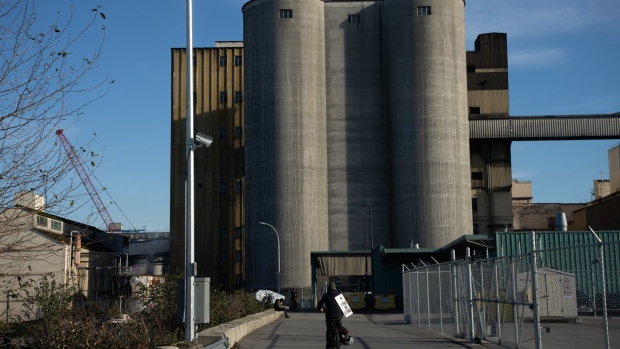

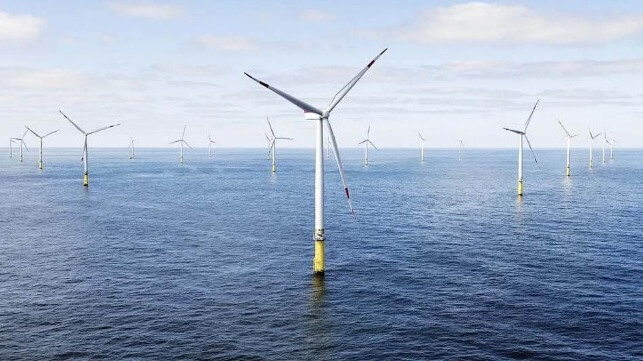
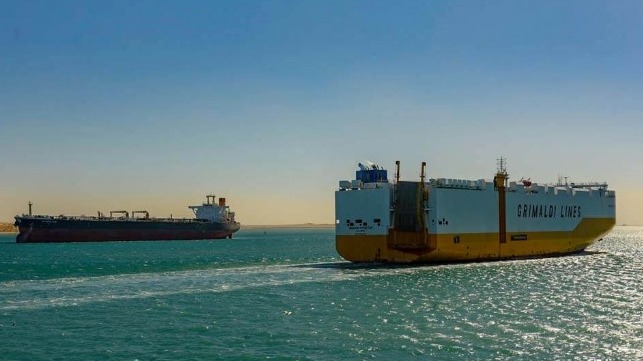

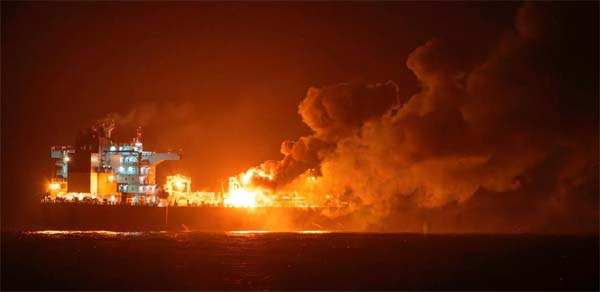
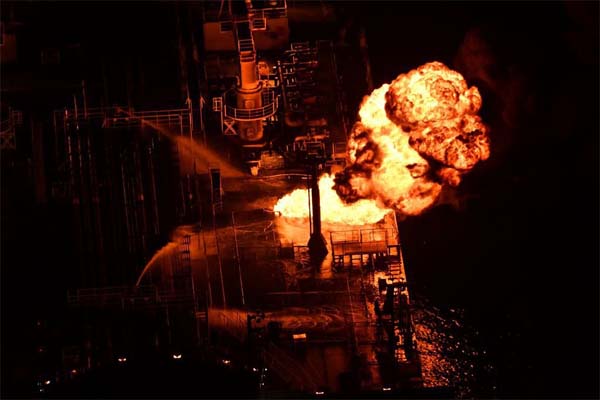











 Smoke billows after an Israeli strike in Rafah in the southern Gaza Strip © - / AFP
Smoke billows after an Israeli strike in Rafah in the southern Gaza Strip © - / AFP